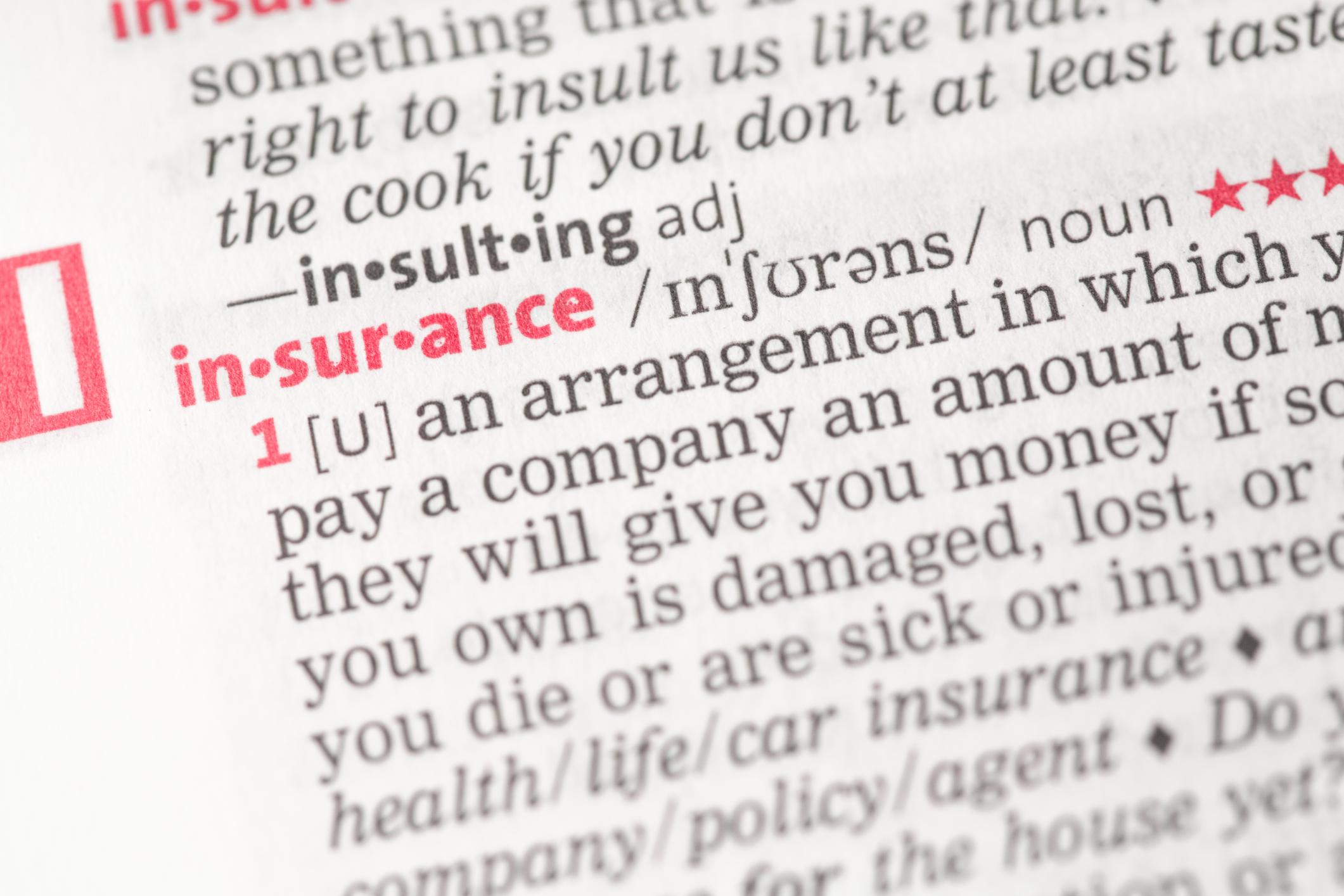
How Your Social Media Posts Could Impact Your Car Accident Claim
Understand what you should and shouldn’t post online after an accident
Social media has become one of the most popular ways to keep your family and friends updated on the recent happenings in your life. When you’re already posting about birthdays, weddings and other big events, you might not think twice about also sharing the news of your recent car accident. Although social media posts might seem like an effective way to gather support during your recovery, you might find that posting photos or other updates could quickly backfire.
Unfortunately, insurance companies regularly scroll through social media profiles as part of their accident investigations, and they can easily twist what you or someone else posts to avoid having to pay for your claim. Understanding how an insurance company or defendant might use cyber surveillance during an accident investigation can help you avoid doing anything to hurt your case.
How Your Insurance Company Inspects Your Auto Accident Claim
Denver car accident and insurance dispute attorney R. Mack Babcock discusses how insurers investigate accident claims and where to turn for help when a claim is denied.
What do insurance companies look for in social media posts?
Insurance investigators and defendants often turn to social media, where they might be able to glean important details from your posts.
Finding photo evidence of you engaging in heavy physical activity after filing an injury claim is an easy way for them to try to prove that your injuries aren’t as extensive as you claim or that you’ve had a full recovery. Even a picture of you smiling with friends at a park could be used to show that you aren’t experiencing severe pain and suffering.
Insurance companies and their attorneys also commonly use geo-location data from your photos to prove that you’ve been leaving your house to go on frequent or long-distance trips when your injuries should have left you housebound.
Can posting on social media hurt my injury claim?
As you may already know, photos can be deceiving. That picture you posted of yourself enjoying a dinner out might not show that you were forcing your way through the pain in an attempt to enjoy a rare and somewhat normal day. But an insurance company will try to use the image of you being happy for a brief moment to their fullest advantage.
Additionally, oversharing on social media could cause other people to comment about the accident, and some of their responses might be used against you.
For example, your mother mentioning how much better you seem to be doing might be used by the other party’s attorney to prove that you’ve had a great recovery. You’ll also want to avoid checking in at the places you frequent since this could be used to create a timeline that shows you’re still active and unaffected by your injuries.
What should I avoid doing on social media after an accident?
Making sure that your online presence can’t be used against you typically involves resisting the urge to use your social media as much as possible. Taking these simple actions could spare you from having your own words and photos twisted in a way that ruins your case.
Try to avoid posting and commenting completely
The best way to avoid having your case destroyed by social media is to never give an insurance investigator or defendant a single word or picture that they can prove was posted after the accident. While it might be hard to quit posting completely, this is the only way to be absolutely sure that you aren’t putting your case at risk.
Choose not to post photos of your past or current outings or activities
If you feel that you absolutely need to make a post, then avoid posting any photos of you engaging in even the most mundane activities. Even taking a trip down memory lane could jeopardize your case if an insurance company claims that the photo of last year’s ski trip occurred recently.
And, about that ski trip… you don’t want to make it appear that there’s a possibility that your injury was caused by a previous accident. If you have a post about a ski trip 5 years ago and a friend comments, “Hey, isn’t that the time when you fell pretty hard on the slopes?” it could call your current injury into question. The insurance adjuster might suggest that your pain is from an old accident, not the current one.
Avoid mentioning the accident or your injuries
If you never mention the accident on social media, then it’s less likely that other people will make comments about it that could harm your claim. But it’s not just you. Ask your friends and family to refrain from posting about your accident too. This will give you further protection from having their words taken out of context.
For example, if your mom posts, “Joey had a fender-bender today 😢, but don’t worry… he’s just fine!” that could come back to haunt you if you’re making an insurance claim or filing a lawsuit.
Don’t accept new friend requests from people you don’t know
Insurance companies and investigators aren’t beyond making fake personas to gain access to the posts that are restricted to your friend list. If someone suddenly pops up out of nowhere, you should be very skeptical about why they’re sending you a friend request.
Resist the urge to delete your posts
After reading through all of this, you might be feeling concerned about what you’ve already posted. Deleting your posts might seem like a good idea, but this could be viewed as you trying to destroy evidence regarding your case, so it’s better not to remove old posts without first consulting an attorney.
Opt out of commenting or ranting on other people’s posts
Ranting about the injustices that you’ve suffered following your accident might feel like a relief, but it could also cause you to let details slip that could be used against you or make you appear erratic or emotionally unstable.
Never admit guilt or say you’re sorry about the accident
The legal consequences of saying anything that could make you look responsible for the accident are profound. Admitting guilt or expressing your regrets about the accident could cause you to lose your right to compensation that aids in your recovery, even if the accident wasn’t your fault.
4 Ways to Handle a Dispute with Your Insurance Company
Learn effective strategies for resolving conflicts with your insurance provider. Discover 4 practical ways to handle disputes and protect your interests.
Can an attorney legally look at my social media page if it’s set to private?
Attorneys often gain access to social media posts through tagging and other people’s comments. In some cases, they may also request a court order that allows them to view your social media page as a form of evidence.
Attorneys and insurance adjusters aren’t hackers, but they do know plenty of tricks that can help them figure out what you’ve posted, even though you think your profile is locked down.
For instance, they might find publicly viewable posts on a friend or family member’s profile and be able to see references to your accident or other information that might be relevant there. They might also be quietly lurking in Facebook groups that are relevant to accident survivors or people involved in lawsuits.
If you rely on social media for your career or to communicate with your family and friends, then it might be hard to stop posting. A personal injury attorney can help you determine what is safe to post, and they can also help you if you’ve already said too much online.
Contact a Colorado car accident attorney
If you have concerns about how your social media page could be used against you, reach out to a personal injury attorney as soon as possible. They’ll take an inventory of your online presence, gather evidence and help you build a strong case that demonstrates your need for filing a claim.
If you’ve been injured in an accident in the Denver area because of someone else’s negligence, contact the experienced personal injury attorneys at The Babcock Law Firm. Our car crash attorneys are committed to helping injured Coloradans get the compensation they need after an accident while they recover from their injuries. Let us handle the negotiations with the insurance company so you can focus on healing.
Contact us today for a free consultation of your case.



